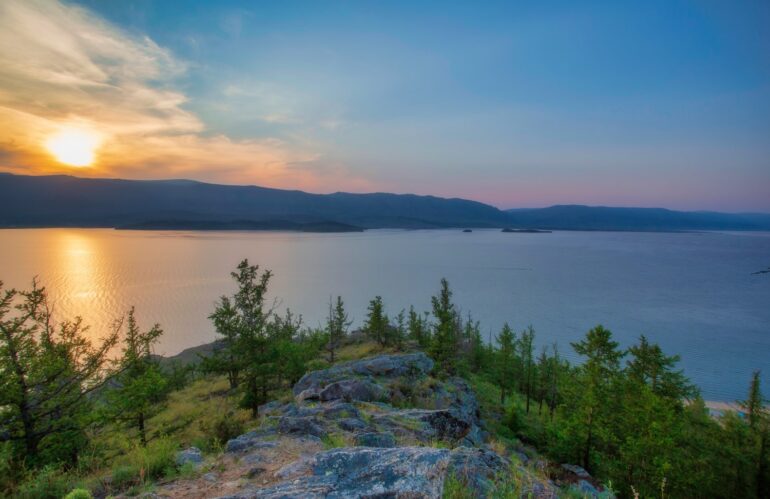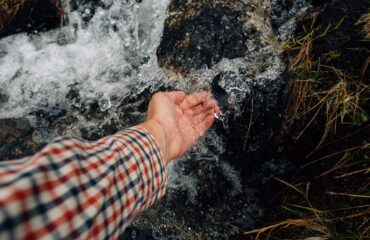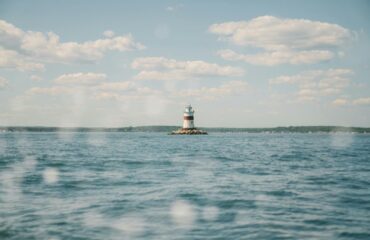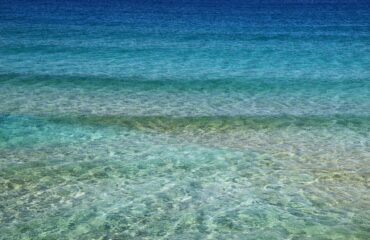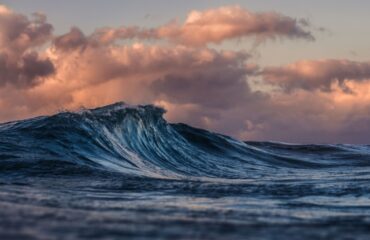The world’s fresh water reserves are about 2.5 billion cubic kilometers. This means that for every person on Earth there is about 1,000 cubic meters of fresh water. However, most of this water is found in glaciers and polar regions where it is not available for human use. In addition, many regions of the world are suffering from water shortages due to climate change and increased demand for water. Today we will tell you about the three largest sources of fresh water in the world.
Lake Superior
Lake Superior is the largest freshwater lake in North America, located in Minnesota, USA. Its area is about 82,414 square kilometers, and the depth reaches 396 meters. Lake Superior has many islands and peninsulas, including Mackinac Island, which is the largest island in the lake.
Lake Superior is one of the most beautiful places in the world and attracts many tourists from all over the world. Here you can enjoy various outdoor activities such as fishing, boating, hiking and more. Also on the lake there are many national parks and reserves where you can enjoy nature and see many species of animals and plants.
In addition, Lake Superior plays an important role in the region’s economy. On its shores there are many industrial enterprises that use the water of the lake for their own needs. There is also oil and gas production, which provides jobs for many residents of the region.
Lake Victoria
Lake Victoria is a lake in Africa that is the second largest freshwater lake in the world after Lake Superior in North America. It is located in Tanzania, Kenya, Uganda and Sudan and is one of the main sources of water for these countries.
The area of Lake Victoria is about 68,800 square kilometers, the depth is up to 80 meters. There are many fish in the lake, including tilapia, carp, catfish and others. It is also home to many species of birds and animals, including giraffes, elephants, lions and others.
Lake Victoria is important to the economies of these countries, as it is used for irrigation and fishing. It is also a popular place for tourism and recreation.
Lake Baikal
Lake Baikal is the largest freshwater lake on the planet, located in Eastern Siberia. It is located at an altitude of about 456 meters above sea level and covers an area of about 31,722 square kilometers.
Lake Baikal has a unique chemical composition of water, which differs from the composition of other lakes on the planet. The water in Baikal contains a large amount of oxygen, which comes from the air through the plants and animals that live in the lake. Thanks to this, the water in the lake is clean and transparent.
Many species of fish live in the lake, such as omul, grayling, whitefish, pike and others. The lake is also home to unique animal species such as the Baikal seal and the Baikal seal.
Lake Baikal is a UNESCO World Heritage Site and attracts many tourists from all over the world. Tourists can enjoy the beauty of nature, visit museums and exhibitions related to the history of the lake, and enjoy various outdoor activities such as hiking, fishing and boating.
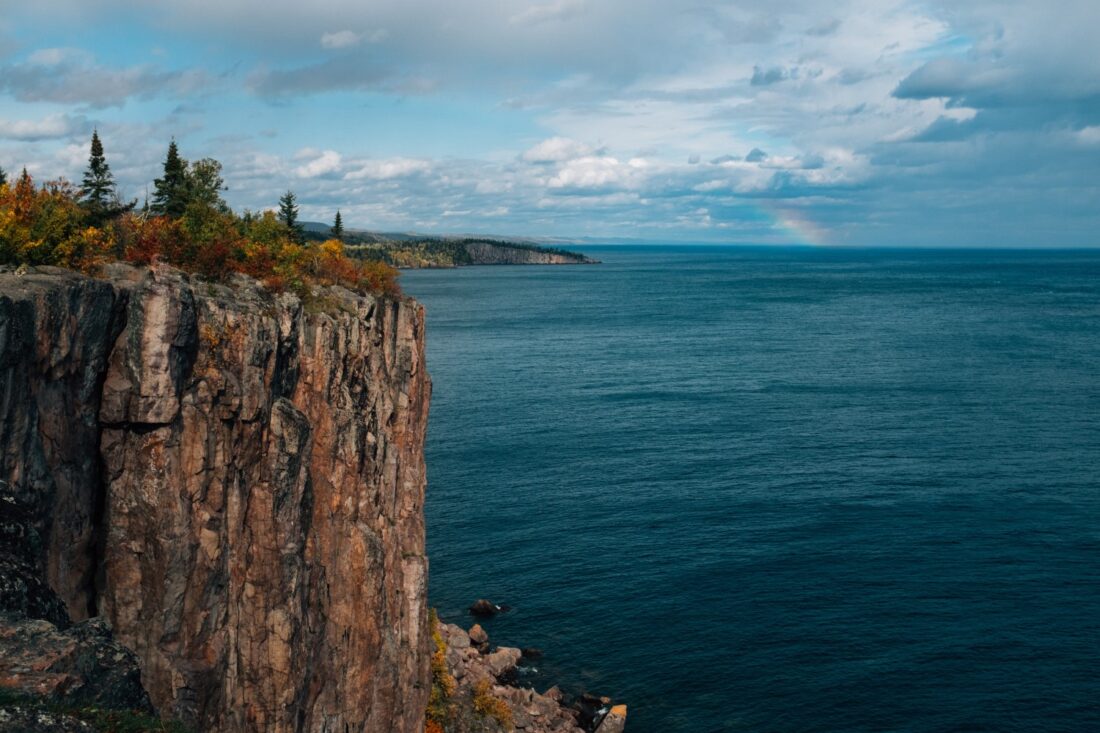
Conclusion
Fresh water is one of the most important resources on our planet. It is necessary for the life of all living organisms on Earth. Without water, life on Earth would be impossible. Fresh water is used in industry, agriculture, medicine and other industries.
However, the supply of fresh water on our planet is not endless. Many regions of the world are suffering from water scarcity due to droughts, climate change and other factors. Therefore, it is important to conserve and use fresh water rationally.
One way to conserve fresh water is to purify it and use it in industry and agriculture. It is also important to reduce water consumption at home and at work. For example, use water-saving technologies and install water meters.
It is also important to protect fresh water sources from pollution and destruction. For this, national parks and reserves are being created, and measures are being taken to clean up reservoirs and rivers.
Thus, the conservation of fresh water is an important task for mankind. Only by joint efforts can we preserve this invaluable resource for future generations.
